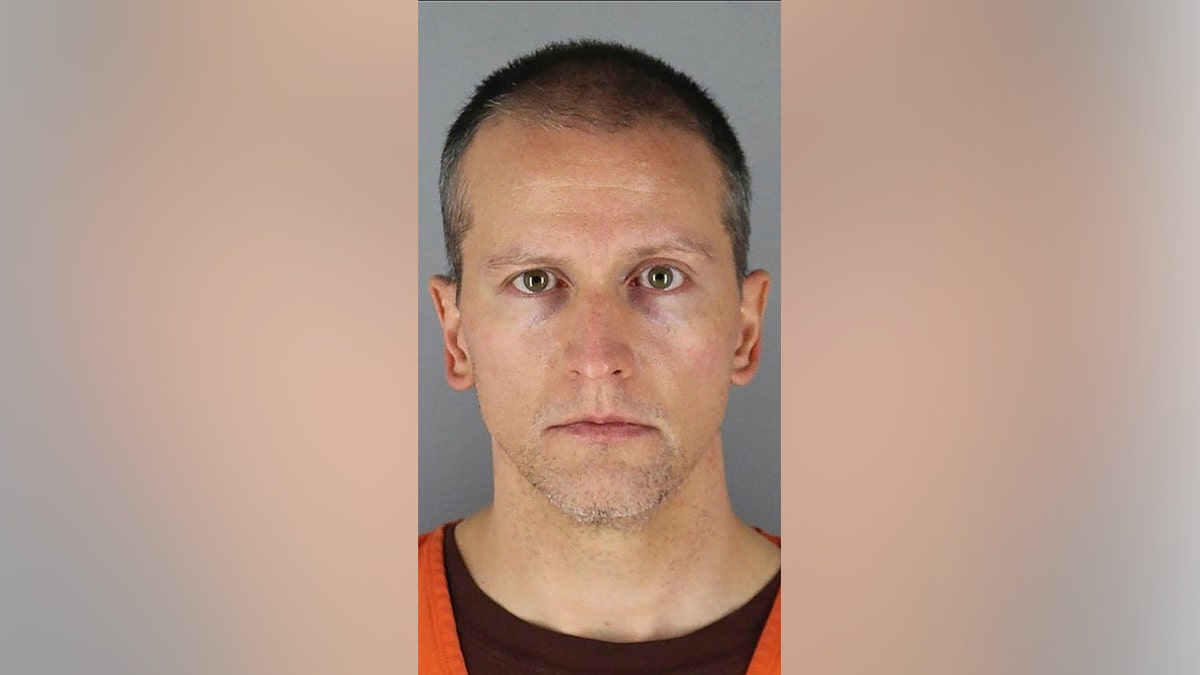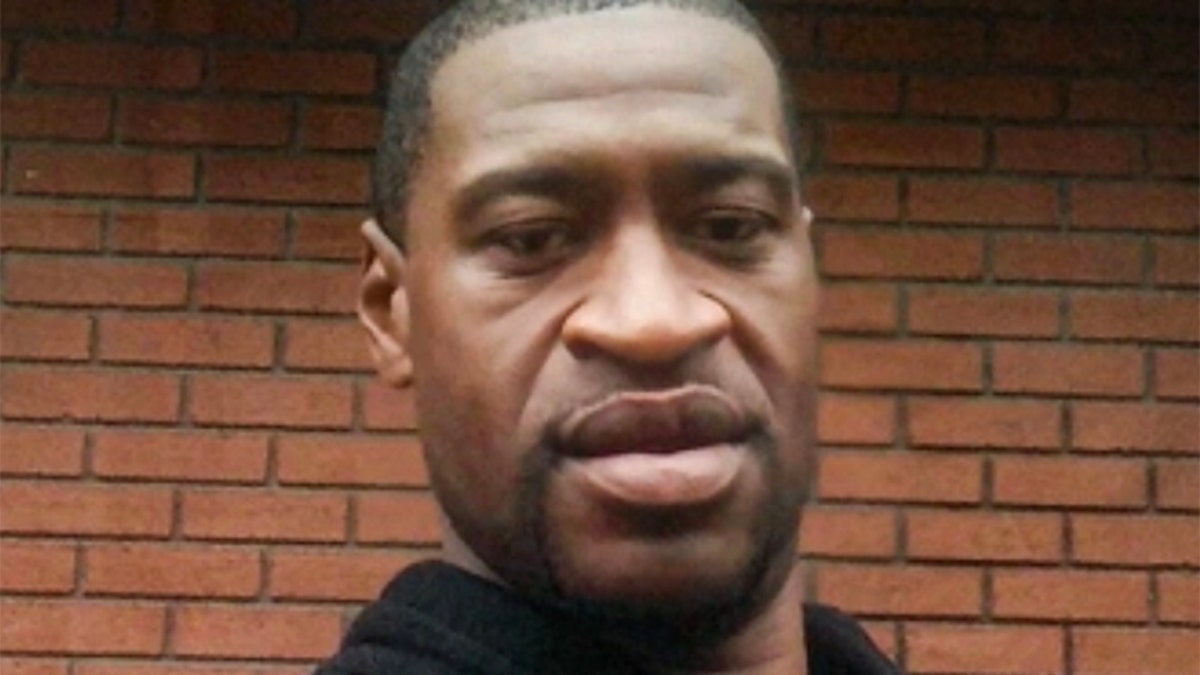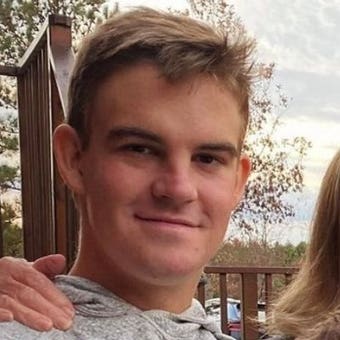4 ex-cops charged in George Floyd’s death appear in court
Protests are underway outside the Minneapolis courthouse, where the four former police officers charged in the death of George Floyd make an appearance; Mike Tobin reports.
The man leading the prosecution of Derek Chauvin, the Minneapolis cop charged with murder in the death of George Floyd, has ample experience with high-stakes cases.
Matthew Frank, a 21-year veteran of the Minnesota Attorney General's Office, has prosecuted murder cases across the state.
Frank graduated from the University of Wisconsin-Madison in 1987 and St. Paul's Hamline School of Law in 1991, according to his LinkedIn.
He joined the attorney general's office in January 2000.
Most recently, Frank prosecuted 58-year-old Lori Reiss, who killed her husband in 2018, then fled to Florida, where she killed a woman and attempted to assume her identity.
She was sentenced to life without parole last August after pleading guilty in the case.

In this screen grab from video, Matthew Frank, the assistant Minnesota attorney general speaks to Hennepin County Judge Peter Cahill during pretrial motions, prior to continuing jury selection in the trial of former Minneapolis police officer Derek Chauvin, Wednesday, March 10, 2021, at the Hennepin County Courthouse in Minneapolis. Chauvin is charged in the May 25, 2020 death of George Floyd. ((Court TV, via AP, Pool))
DEREK CHAUVIN: WHAT TO KNOW ABOUT FORMER MINNEAPOLIS POLICE OFFICER CHARGED IN GEORGE FLOYD'S MURDER
The trial of Chauvin, 45, who was fired after Floyd's death last May, begins Monday.
On Memorial Day last year, cops were called to a convenience store after Floyd was accused of using a counterfeit bill to buy cigarettes. After getting Floyd out of the car he was in, a brief struggle ensued and Chauvin pinned Floyd to the ground for roughly nine minutes with his knee on Floyd's neck.
Bystander video of Floyd's death, in which the 46-year-old Black man can be seen gasping for air and yelling that he can't breathe, went viral and set off worldwide protests.
Chauvin's trial will largely center on what caused Floyd's death.
Hennepin County chief medical examiner Dr. Andrew Baker, who is expected to testify, declared Floyd's death a homicide caused by "cardiopulmonary arrest complicating law enforcement subdual, restraint, and neck compression."
He also listed these significant conditions: "arteriosclerotic and hypertensive heart disease; fentanyl intoxication; recent methamphetamine use."

FILE - This May 31, 2020, file photo provided by the Hennepin County Sheriff shows former Minneapolis police Officer Derek Chauvin, who was arrested for the May 25 death of George Floyd.
JURY SET FOR FORMER POLICE OFFICER'S TRIAL IN FLOYD DEATH; BEGINS MARCH 29
Chauvin's attorney, Eric Nelson, has argued that Floyd's drug use was the main cause of his death. He wrote in an August court filing that "adding fentanyl and methamphetamine to Mr. Floyd’s existing health issues was tantamount to lighting a fuse on a bomb," according to The Washington Post.
Prosecutors will argue that Chauvin used excessive force and ignored Floyd's desperate pleas.
Frank will attempt to show that Chauvin had a history of violent arrests. He argued in a November court filing that body camera footage from a 2017 arrest shows that "when faced with a suspect who does not immediately comply with his demands, Chauvin intentionally uses a level of unreasonable force to accomplish subdual and restraint," according to the Star Tribune.

George Floyd died on Memorial Day last year after an officer pinned him to the ground for roughly nine minutes.
The defense will seek to portray Floyd as a habitual drug user.
CLICK HERE TO GET THE FOX NEWS APP
The judge presiding over the case ruled last week that some evidence from a 2019 arrest in which Floyd allegedly swallowed drugs while being apprehended can be used during the murder trial.
Chauvin is also charged with manslaughter. Three other officers who were involved in Floyd's arrest have been fired and will be tried in August.
The Associated Press contributed to this report.



